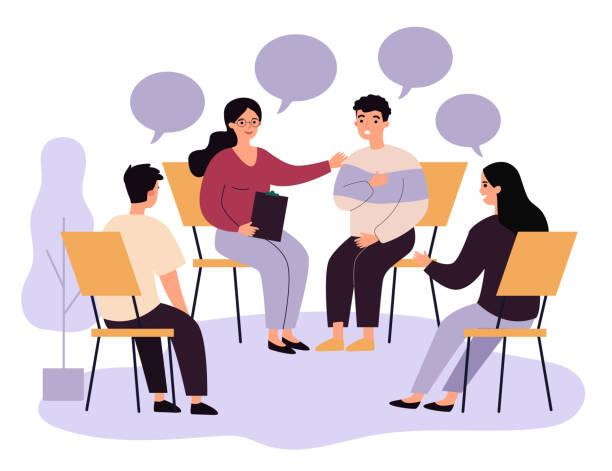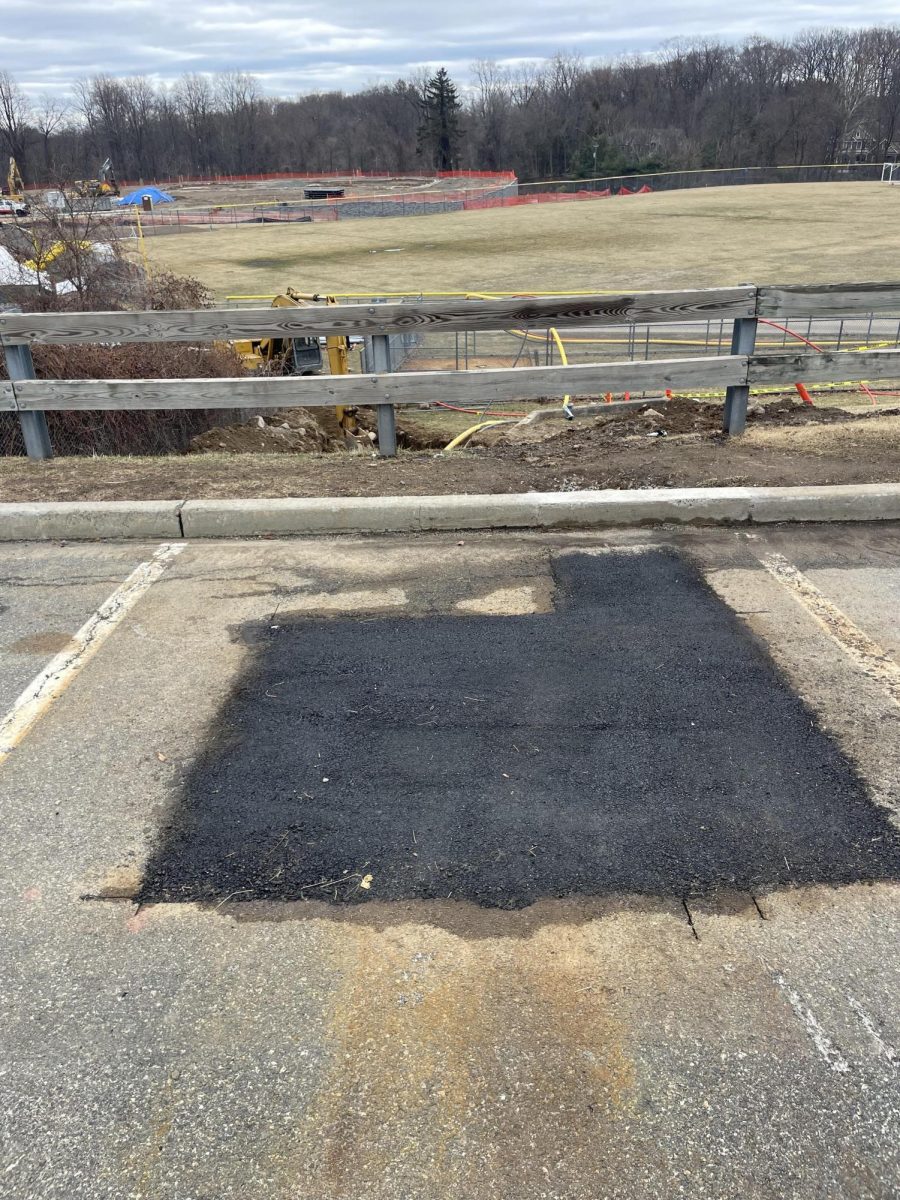‘25
Following an explosive Board of Education decision, many parents, students, and teachers in the FLOW community are asking themselves: Is our district regressing? Over the summer, the Ramapo Indian Hills Board of Education voted to reject resolutions E7, E8 and E11, effectively ending two of the district’s student mental health programs. E7 (a 13-year contract with Sage Thrive Inc. to provide school-based counseling and related services), E8 (another contract with Sage Thrive Inc. to provide school-based mental wellness training, coaching, and certification to the school district), and E11 (a new agreement with Care Solace Inc. to provide website access to mental health treatment providers) all provide students struggling with mental illness or students in special education programs with accessible support services. The rejected motions were eventually reinstated in response to community outcry. A total of 33 students, parents, and medical experts spoke at the board’s open discussion sessions. Nevertheless, the decision and response raises the question: Does the RIH BOE care about students’ mental health?
Board of Education President Judith Sullivan, who voted against the resolutions, says in an address to the public, “The mental health of the students in the Ramapo Indian Hills Regional High School District is, has been, and so long as I am on this Board always will remain, a paramount priority of this Board of Education. To the extent the public may have any concerns about the support for student mental health, I wanted to share this…along with my fellow Board members I will continue to prioritize the mental health and well-being of this District’s students.”
In an interview with North Jersey News, Board member Kim Ansh explained her rationale for rejecting the resolutions, “I feel that our main focus should be on student achievement and helping all our students be graduation-ready. As such, I cannot support the three initiatives on tonight’s agenda. These types of programs actually remove parents to some degree from being involved in and supervising their children’s mental health. This is overreach, and I feel that we are becoming a psychiatric institution at this point.”
Despite the Board of Education believing they are providing enough—and in some cases, too much district mental health care—students at Indian Hills believe they are doing the bare minimum.
Luke Festa, a Junior at Indian Hills says, “It feels like the board simply does not care about student development and wellness. At Hills, we have a wonderful guidance and wellness department, and it’s a shame that we don’t have the proper support from the board.”
Another student, Camryn Finn, takes a similar position. “I think this ruling from our Board is shocking,” she says, “The fact that basic opportunities to access mental health resources is being correlated to our school being a psychiatric institution is very upsetting. I don’t think that these resolutions are necessary, and providing students with mental health resources and training school employees should be a necessity. I think our BOE does not want to take responsibility for the students’ mental health in our district, and that they don’t really care about the genuine well-being of students. Our community needs to acknowledge the mental health needs of students and help create positive change in the school system.”
Overall, many feel that the Board of Education should do more to support the mental health of its students.





